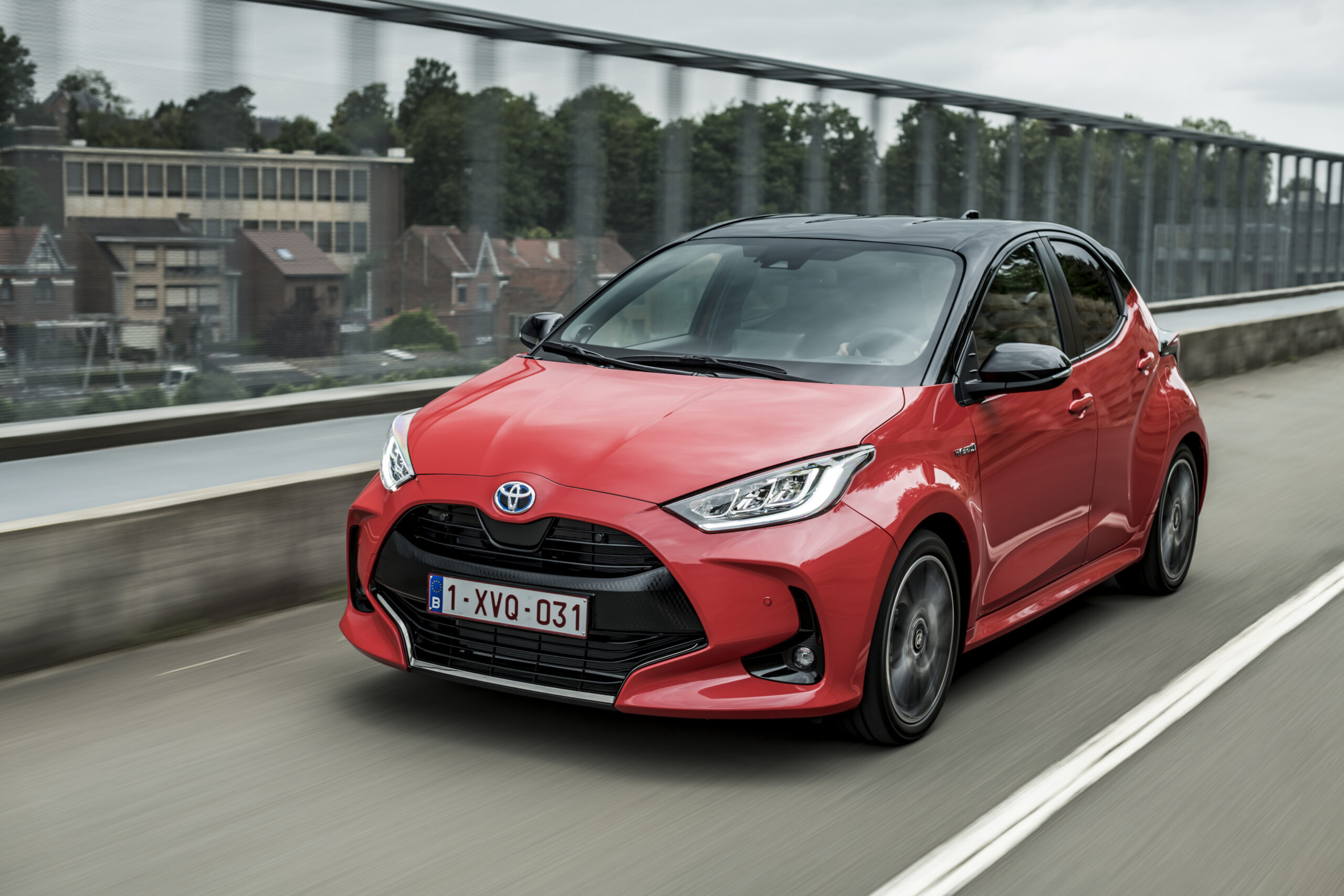In a world where technological advances and environmental considerations are reshaping the future of transport, Belgium is at the forefront of a major shift in mobility. As we move further into the 21st century, it is imperative for fleet management companies to approach this changing landscape with foresight and innovative solutions.
Electrification and sustainability as pillars
The European Union’s ban on the sale of new combustion engine vehicles by 2035 heralds a complete transition to electric vehicles (EVs). Belgium, already a leader in EV adoption and charging infrastructure, will play a key role in this green revolution. With the third highest number of charging points per capita in Europe, Belgium’s commitment to sustainable mobility provides a solid framework for fleet managers to adapt and thrive. In addition, retrofitting, which involves converting existing vehicles to electric, is emerging as a cost-effective strategy for aligning with environmental objectives without compromising operational efficiency.
The rise of connected and autonomous vehicles
Connected and autonomous vehicles (CAVs) represent the new frontier of mobility. With almost half of consumers interested in CAVs and alternative energy sources, demand for innovative insurance solutions and safety measures is growing. Fleet managers need to stay at the forefront of these technological trends to offer competitive services that guarantee safety, efficiency and compliance with future regulations.
Multimodal mobility and personalisation
The trend towards multimodal transport systems, which integrate different modes of transport into a coherent user experience, is gaining ground. This requires insurance and fleet management models that prioritise flexibility and personalisation. By harnessing data analysis and customer insights, fleet management can offer customised packages that meet the unique needs of each user.
The economic landscape and fleet management
The economic implications of these mobility trends cannot be overlooked. With a projected market value of between €70 billion and €750 billion by 2030, connected mobility and smart city solutions offer a lucrative opportunity for growth and innovation. Fleet management companies need to capitalise on this trend by investing in smart technologies and telematics to improve their service offering.
Political and regulatory considerations
The political and regulatory framework plays a crucial role in shaping the mobility landscape. The Belgian government’s encouraging stance on EV adoption and retrofitting initiatives is a case in point. Fleet managers need to stay informed and engaged with policy developments to effectively navigate the legal landscape and take advantage of government incentives.
The role of corporate mobility
Enterprise mobility is another key area of growth, with 80% of companies offering alternative mobility solutions to their employees. The trend towards teleworking has not diminished the importance of corporate mobility policies, as demonstrated by the limited impact of teleworking on mobility patterns. Fleet management services need to align with business needs, offering flexible solutions that support the changing dynamics of the workforce.
Conclusion
The future of mobility in Belgium presents a complex but exciting challenge for fleet management companies. It’s a landscape full of opportunities for innovation, growth and sustainability. By embracing electrification, adapting to ACV technology, integrating multimodal solutions, and aligning with economic and political trends, fleet managers can lead the charge towards a more efficient, sustainable and user-centric transport future.
As we move forward, it is crucial for fleet management companies to remain agile, informed and responsive to the rapidly changing needs of the market. By doing so, we can not only meet today’s demands but also pave the way for a greener, smarter and more connected future.




